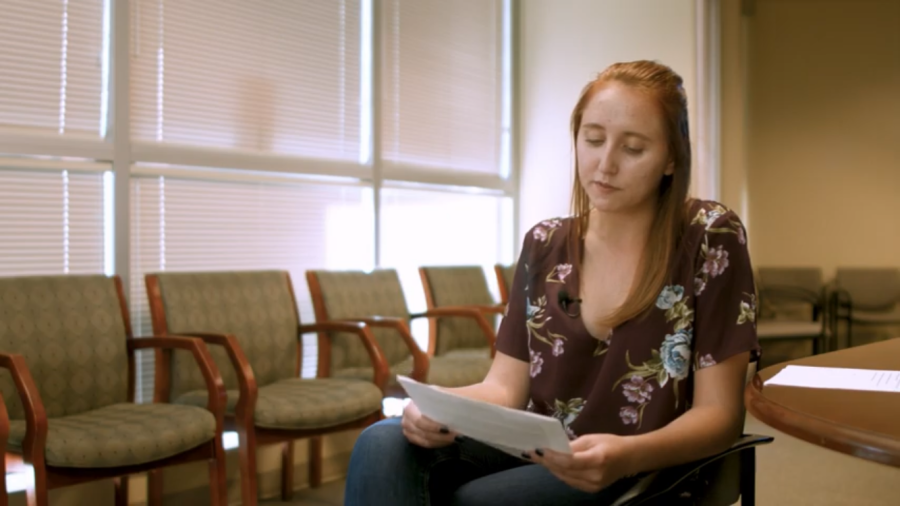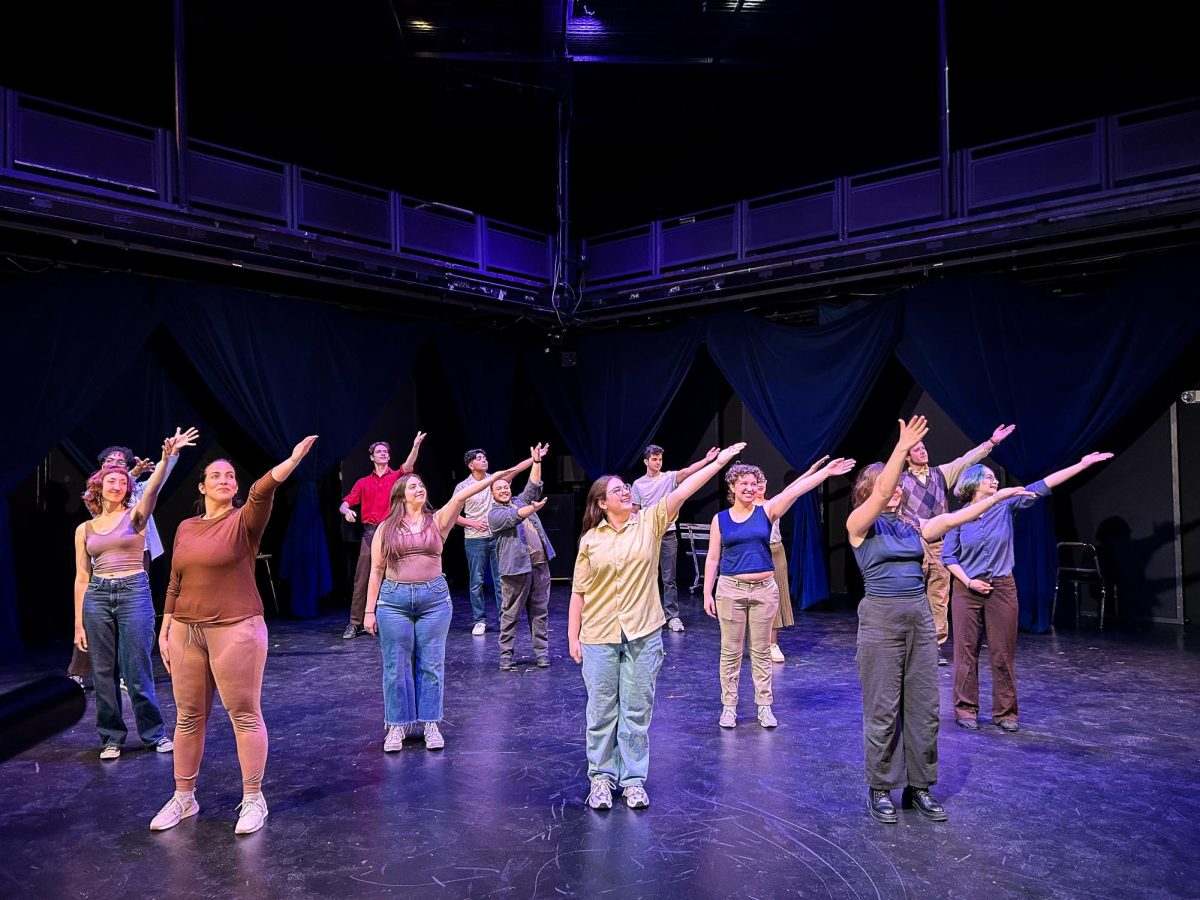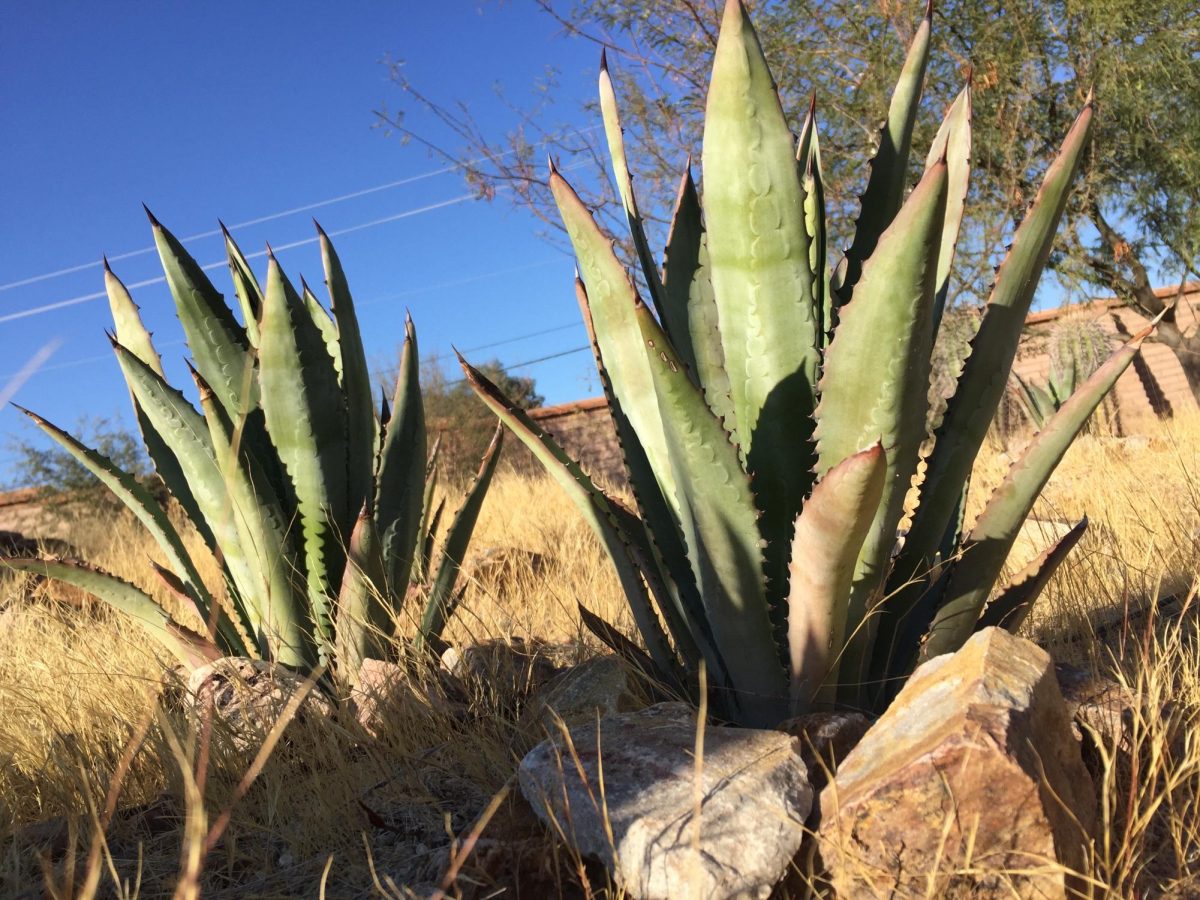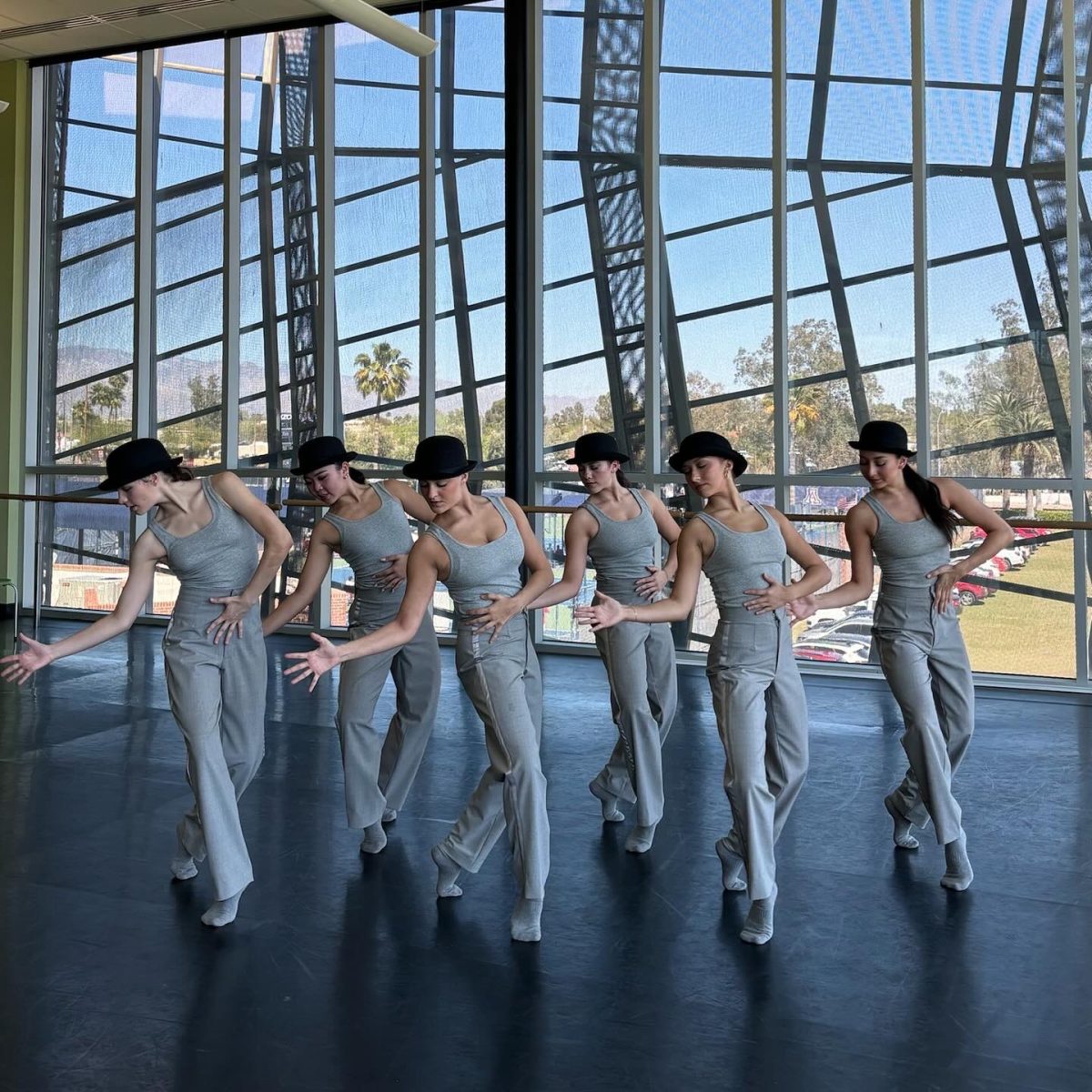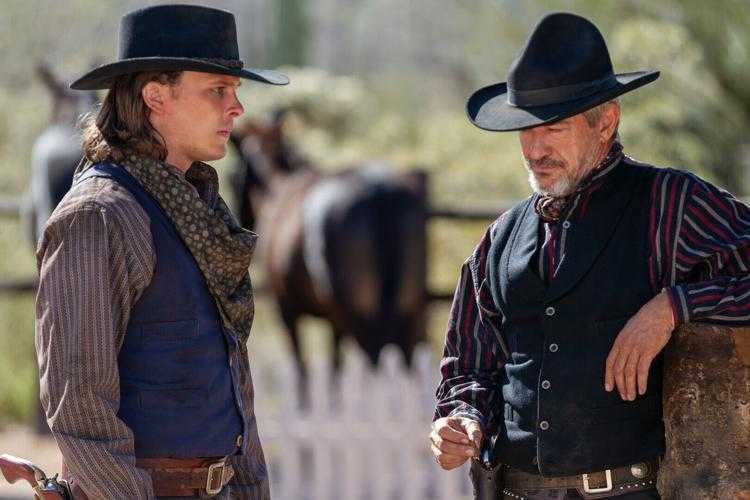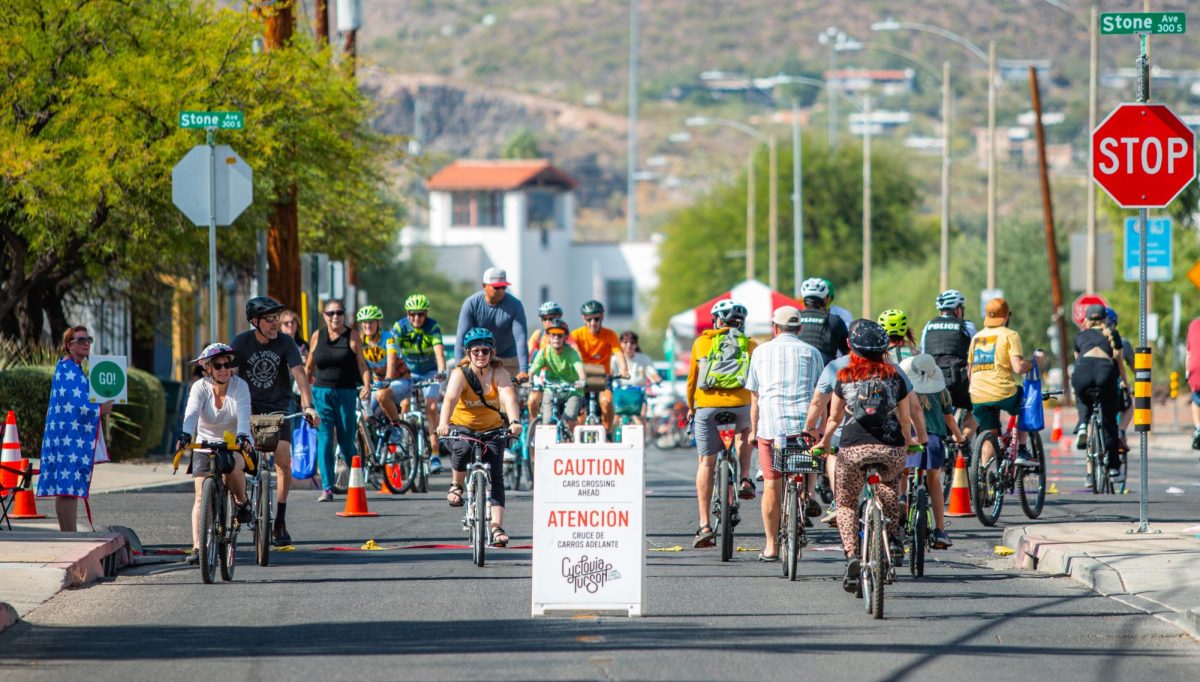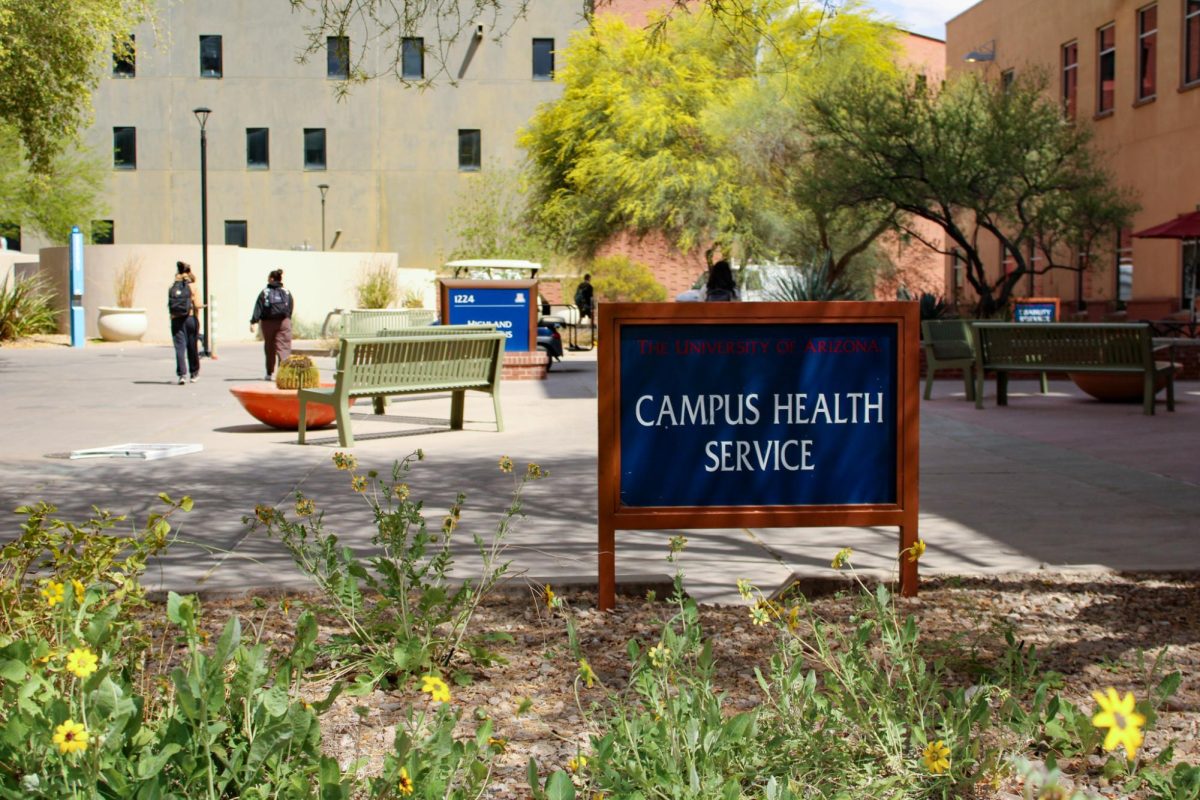A year ago, if you had asked University of Arizona school of Theatre, Film and Television student Joann Kohng to explain the Title IX laws governing the UA, she wouldn’t have been able to help you.
“I was a little unfamiliar with the Title IX process and I wanted to get familiar with that,” Kohng said. “It turns out, you learn more when you’re actively engaged with the process.”
The desire to understand Title IX is one of the many reasons that Kohng decided to make a documentary about sexual assault on the UA campus. Besides her own curiosity regarding how and if survivors were getting justice, she was also inspired by the #MeToo movement and the hope to help other students learn about how sexual assault and rape are handled on campus.
“I wanted to create a documentary about sexual misconduct at the local level. I thought it was important for people, especially students, to see what this process was like,” Kohng said.
RELATED: A year of protests and movements
The resulting project was a 12-minute documentary titled “Subject to Title IX,” which features the testimonies of two UA student sexual assault survivors as well as interviews with Dr. Elise C. Lopez, the director of the UA Consortium on Gender-Based Violence, and Ron Wilson, a former UA Title IX coordinator.
“Subject to Title IX” discusses the experiences of the two survivors as they try to gain justice after their assaults, the struggles that the Title IX office faces in investigating sexual misconduct, as well as how the justice system treats survivors.
Although Kohng was interested in delving into the processes of the Title IX office, one of her top priorities in the documentary was providing the survivors with space they needed to tell their stories.
“I was primarily interested in getting the survivors’ stories out,” she said. “I felt like a documentary where they speak, whether they reveal their face or identity or not, is a way that can show their stories in the best light.”
Kohng created a flyer calling for survivors who wanted to tell their stories, had it sent to students through college listservs and shared it on social media with the help of her friends. It was through one of Kohng’s friends that Elena Santana, one of the students featured in the documentary, became aware of the project and got in touch.
When asked about the documentary, Santana was complimentary of Kohng’s work.
“Joann did a fantastic job,” Santana said.
She also spoke to the complicated emotions she wrestled with in deciding to participate in the documentary.
“I realized, after talking with a couple of other survivors, that it was kind of my duty to speak for those who are too scared to speak,” Santana said. “Even though I was terrified, there are people out there who are more terrified … who cannot risk being seen by their attacker. I need to be brave and show the people who are going through this that they can do it, too.”
Besides interviewing assault survivors and learning about Title IX from professionals on campus, Kohng worked with UA Film and Television professor Beverly Seckinger as well as UA alumna and filmmaker Jillian Corsie, who published a short film about sexual assault called “Second Assault” in 2018.
RELATED: UA alumna’s short film on sexual assault is featured on HuffPost
Kohng, who graduated from the UA with dual degrees in film and television and communication, hopes to successfully pursue a career as a documentary filmmaker. She finds documentaries are powerful storytelling mediums because they can highlight the personal experiences of individuals in a way that connects with others.
“[Documentaries] take a number out of a statistic,” she said. “To elicit an emotional response is what I think that documentaries are able to do in a way that’s clear for everyone to see.”
Kohng feels that another strength of documentaries is their ability to educate. “If I can learn something from watching an hour and a half documentary, I think everyone can,” she said.
One of the things she hopes that viewers will learn from “Subject to Title IX” is about the process of reporting sexual assault and working through the university’s system.
“What I gained from this experience is [knowing] that it’s really hard to understand Title IX,” Kohng said. “They have these freshman orientations to [tell students], ‘This is what you do if you experience sexual misconduct and these are your resources.’ But as [Santana] said [in the documentary], you never know what it’s like until you’re in that situation. As I was researching, I realized, ‘Wow, this process is hard to understand.’ Any student who isn’t familiar with Title IX isn’t going to know what to do.”
When asked if she feels that the Title IX office and the UA are doing right by victims of sexual assault, Kohng felt that they could be doing more. “It can be improved, everything can be improved,” she said.
RELATED: Survivor Advocacy to hold open house to increase awareness
Santana also felt that the UA could be doing more, including providing more thorough Title IX education to students, more funding to the Survivor Advocacy Program and facilitating better communication between students and the Title IX office.
Both Kohng and Santana hope that students will watch the documentary, learn from it and, in some cases, be encouraged by it.
“It’s important to spread the word about the importance of reporting and the reality of reporting,” Santana said. “I encourage [survivors] to report.”
Kohng is proud of her work with “Subject to Title IX.”
“I was really glad with how the documentary came out,” Kohng said. “I hope that this issue is seen. I wanna do something, and I can only do so much.”
“Subject to Title IX” is out now on Kohng’s YouTube channel.
Follow Katie Beauford on Twitter



